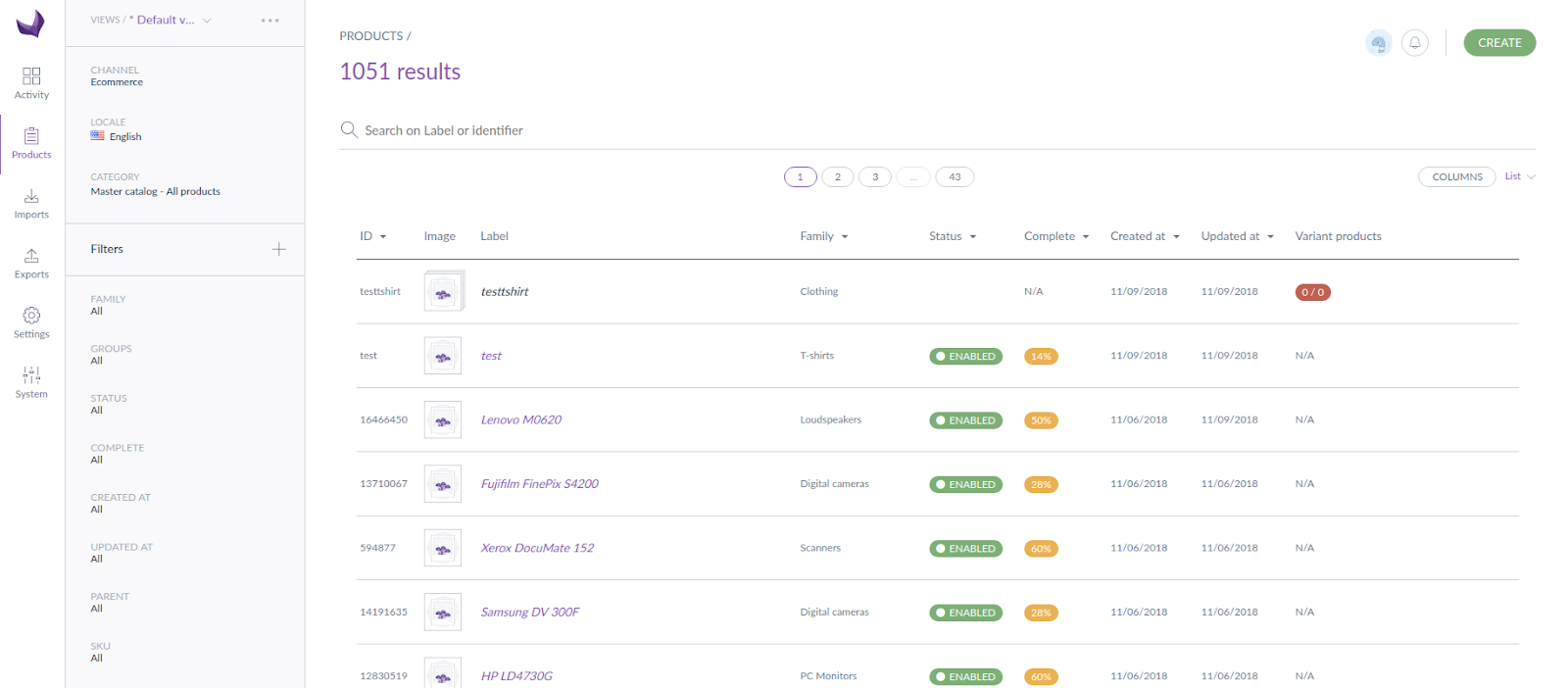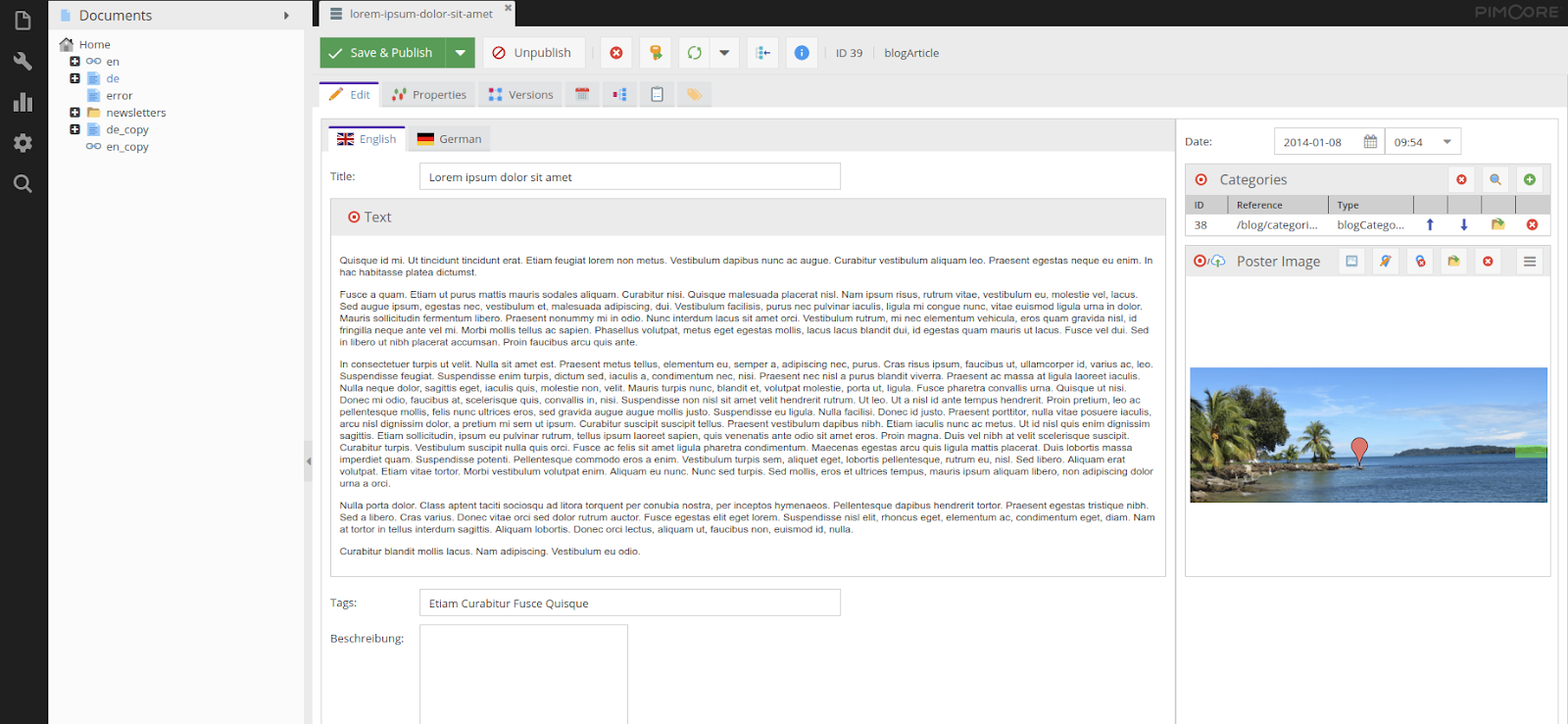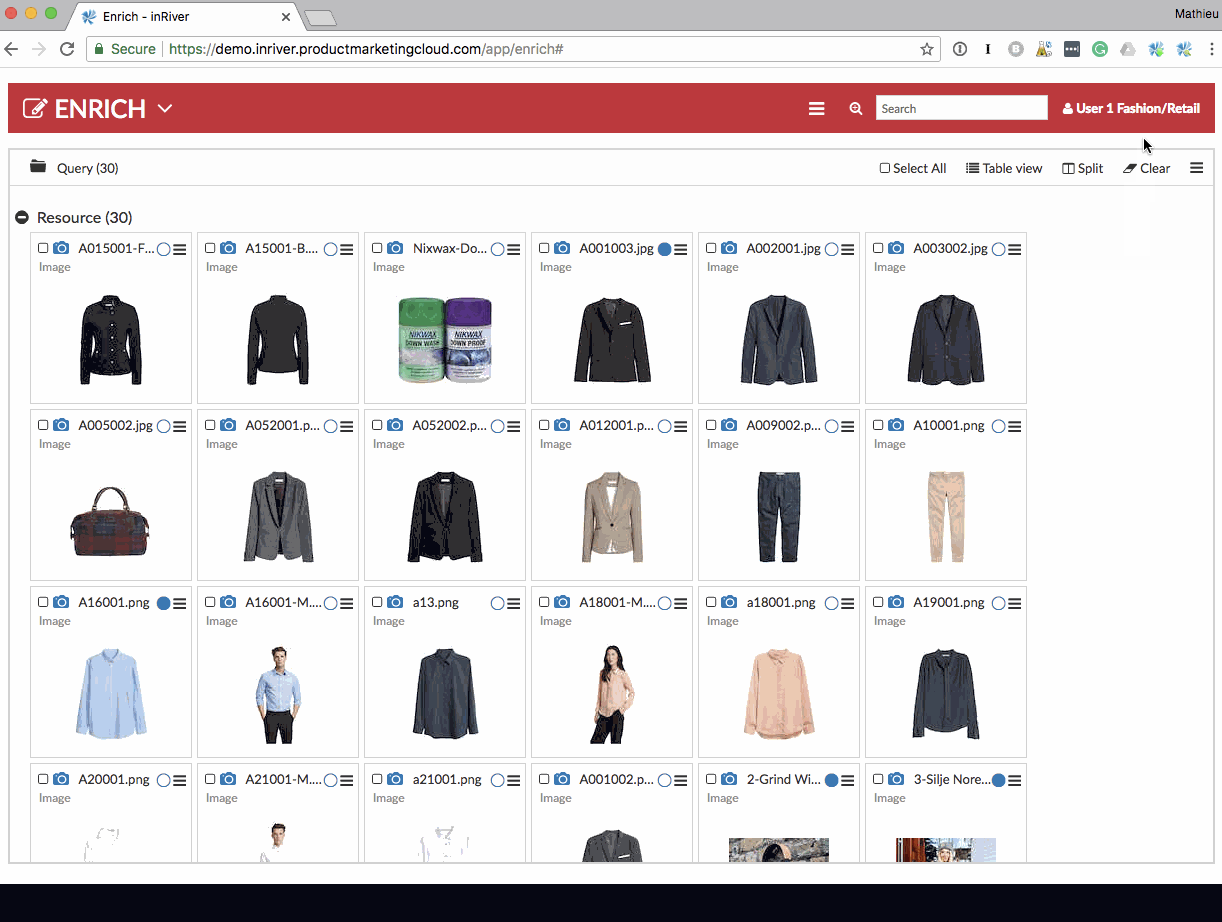Introducing PIM (Project Information Management) solutions for Magento 2, such as Akeneo, Pimcore, inRiver, and more that can increase the speed of adding new products.
What is PIM?
PIM stands for Project Information Management and offers an easy and efficient way of managing product related information. Typically, this is a standalone system that serves as a primary source for product data storage and can be integrated with one or multiple sales channels / eCommerce stores. Basic features usually include:
- Storage of product information such as SKUs, titles, descriptions, images, prices, etc.
- Classification
- Localisation
- Sales channel management
- Imports / exports
Challenges of eCommerce catalog management
Managing large product catalogs between various channels and platforms can be a challenge. Without a dedicated PIM system, this means performing the same updates to catalogs in multiple systems, which can lead to inconsistencies, errors and outdated data. Additionally, as the catalog grows larger, this means extra resources are required to maintain it in top shape.
Most common challenges identified by store owners:
- Managing multiple sales channels
- Dealing with supplier data
- Keeping products up to date
- Product localization
- Ensuring data quality
- Expanding catalog size
Increase your sales with PIM
The addition of a PIM system doesn’t specifically target an increase in sales, however, in most cases it becomes directly conducive to this.
Customers usually know exactly what they want and will look for an item that complies with their requirements in the catalog. For example, the purpose of the visit might be to purchase red shoes. It is important that the user journey allows the customer to look specifically at the red shoes. In order to ensure this, the product information needs to be very clear and identify the relevant items.
Why you need PIM for Magento 2
Increase the speed of adding products
While Magento 2 offers basic capabilities for adding products from the back-end interface when it comes to adding multiple products it quickly becomes a tiresome process. PIM can greatly increase the speed of the process, as it usually allows for editable product grids and more optimized interfaces for performing these actions.
Manage various locales with ease
Managing content across various websites & store views can take a lot of effort. Most PIM systems allow to rapidly enter content in various languages and offer intuitive interfaces for switching between locales.
Ensure catalog contains quality data
When products are being saved in Magento, it will not inform about any errors made until the “Save” button is pressed. In the case of multiple issues, the interfaces are not intuitive enough to present where all of them are. PIM systems include field validation on the fly, meaning as soon as the user has made an erroneous entry, a notification will pop up.
Be proactively warned about errors
A good Product Information Management system will have a dashboard that identifies any data that is missing. Just a quick look at this might reveal very important statistics, e.g. 170 products are missing images.
On top of that, the products in PIM will have a “Completeness” rating that presents the state of each individual product and identifies specific steps which are to be taken to have the product 100% ready for sales.
Popular PIM solution options
Akeneo
Akeneo is an open source Product Information Management software that comes completely free and provides all the basic features for managing product data. More feature-loaded Enterprise editions are also available, including a SaaS option.
Pimcore
Another open source option, Pimcore offers a Product Information Management and master data management application, centralizing and harmonizing all marketing and technical product information.
inRiver
inRiver is one of the market leaders for simplifying Product Information Management. It is primarily aimed at large enterprises and, based on consolidated technologies, offers a robust set of features. Read more about using the inRiver Product Marketing Cloud here.
Other popular PIM options include:
Integration options
When it comes to performing integrations, a connector will be required. These usually are available as pluggable extensions and are based on one of the two types:
- CSV files over FTP
- Direct API connections
FTP connections might require less time, as this is usually a single bulk process and does not require to implement multiple endpoints.
However, in the case of PIM systems, the API connections are almost always preferable rather than FTP. Direct API connections ensure immediate updates to the catalog, meaning the changes will appear in Magento and on other sales channels as soon as products have been updated in PIM.
Additionally, communication over different API endpoints can support more detailed operations such as Read / Update / Create.
Are you interested in setting up a PIM system? Shoot an email to [email protected] and we will provide you with a strategy best suited for your business!






Share on: